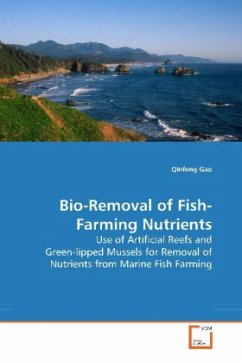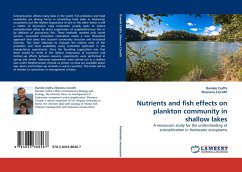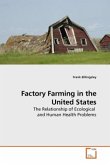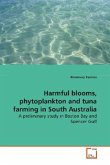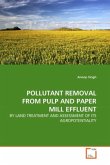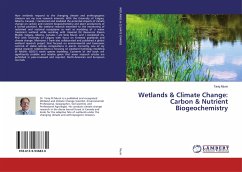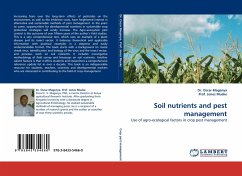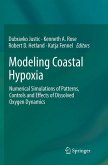Intensive fish culture activities exert serious eutrophic impacts on the vicinity of the fish raft areas owing to the release of uneaten feed residues and excreta. To evaluate the feasibility and capability of artificial reefs (ARs) and transplanted green mussels as biofilters for removal of excessive nutrients induced by fish farming activities, a Before-After-Control-Impact (BACI) study on the sediment nutrient levels and macrobenthic community structure was conducted at a marine fish culture zone. In addition, stable isotope and fatty acid techniques were applied to assess the contribution of various potential food sources such as particulate organic matter and farming wastes to the assimilated matter of green mussels in a fish-bivalve polyculture system. Results showed that fish farming activities exert adverse impacts on seabed conditions and the deployment of ARs and transplanted mussels were effective in removal of nutrients through direct uptake of fish feed and fish faeces or indirect uptake of particulate organic matter from surrounding waters, and can thus serve as biofilters for improvement of water quality at the fish culture sites.

